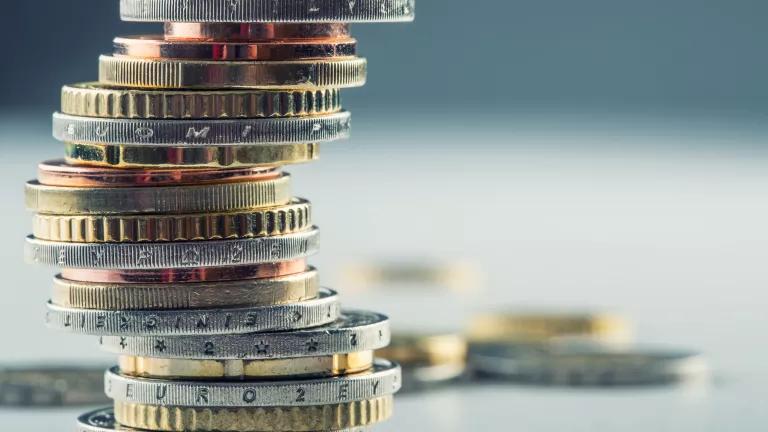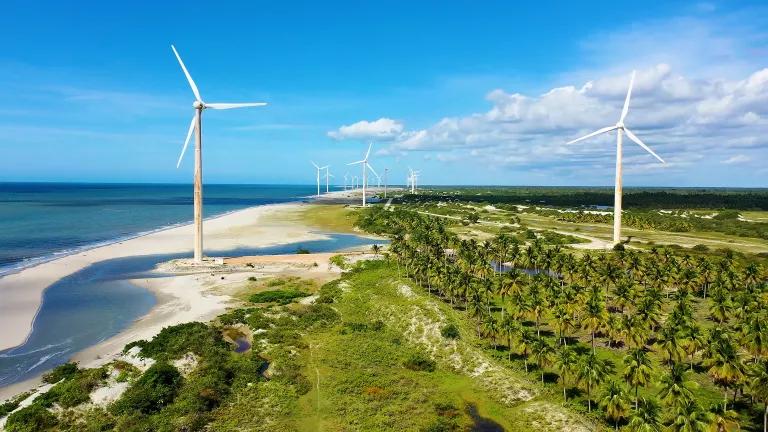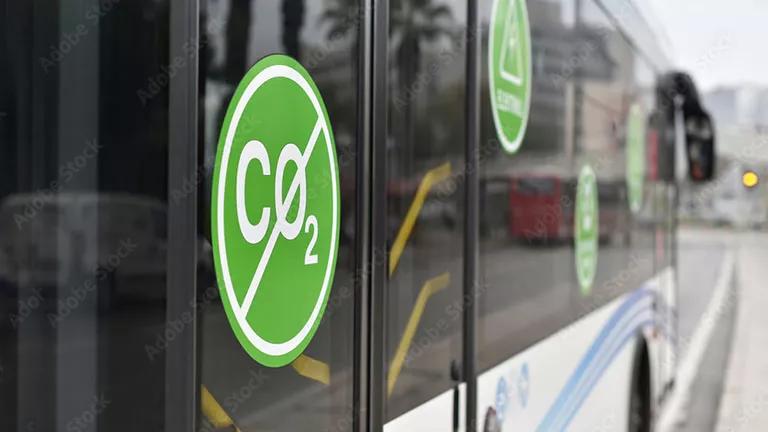Green Investment Group (United Kingdom)
Green Bank Network member
Member Overview

The Green Investment Group (GIG) was established as the U.K. Green Investment Bank (GIB) in 2012 by the United Kingdom government, which provided the business with its initial investment capital. The GIB was wholly owned by the U.K. government until April 2017, when the U.K. government agreed to sell the GIB to a consortium led by Macquarie, an Australia-based investment bank, and its name was changed to the Green Investment Group. The GIB chairman’s response to the sale is published here.
As one of the most active investors in the U.K. green economy, GIG has funded the creation of new, modern, and green infrastructure across the United Kingdom. GIG’s approach is to back projects that have a double bottom line of being green and profitable. GIG profitability is an important signal to other investors and helps attract new investors and higher levels of investment to U.K. green infrastructure.
The GIG is not authorized or regulated by the Financial Conduct Authority or the Prudential Regulation Authority. A wholly owned subsidiary, UK Green Investment Bank Financial Services Limited, is authorized and regulated by the Financial Conduct Authority.
Activities
GIG primarily supports energy efficiency, waste and bioenergy, offshore wind, and onshore renewables projects. GIG uses innovative financial products to deploy new renewable technologies that have led to new and innovative ways of financing green projects and technology. Each investment GIG makes must offer returns against the green and financial double bottom line—it must make a positive contribution to GIB’s five green purposes and it must provide commercial returns in line with the project’s risk. GIG’s five green purposes are:
- the reduction of greenhouse gas emissions
- the advancement of efficiency in the use of natural resources
- the protection or enhancement of the natural environment
- the protection or enhancement of biodiversity
- the promotion of environmental sustainability
Another example of GIG activities is the Green Loan program, designed for local authorities to increase the installation of LED technology in the U.K. street lighting market as well as help councils reduce their streetlight energy bills. The loan finances capital expenditure for LEDs and central management systems for smart LED systems. It offers local authorities a low, fixed-rate financial arrangement over a period of up to 20 years with sculpted loan repayment options.
GIG has invested in new waste facilities across the U.K., ranging from small-scale anaerobic digestion plants (processing food and garden waste) to large scale waste-to-energy plants (diverting large amounts of household waste from landfill and generating renewable energy).
Additionally, GIG has focused on distributed energy generation, including onshore renewable power projects across the U.K. GIG focuses in particular on mature renewable technologies, including wind, solar, and hydroelectric, and offers investment options in the areas where finance needs are greatest, such as long-term construction financing and unlevered equity.
In 2015, the GIG also announced a £200m international pilot program in partnership with the U.K. government’s Department for Energy and Climate Change. The program's current scope covers renewable energy and energy efficiency projects in South Africa, East Africa, and India.
Impact
As of October 2019, GIG had committed or arranged more than GBP 20 billion (US$ 25 billion) in over 25 markets. Those investments have generated 493,000 GWh of renewable energy, avoided 181,000 kt CO2e emissions, and led to 104,000 kt waste avoided going to landfill.
Additional Reference
Learn More about the Green Bank Network
Want updates on the Green Bank Network?
Sign up for our GBN Bulletin to get the most up-to-date news and developments from the Green Bank world or contact us for more information.
Want updates about the Green Bank Network?
Sign up for our GBN Bulletin to get the most up-to-date news and developments from the Green Bank world or contact us for more information.







